NYU team develops novel ion-conducting copolymer to increase power and reduce cost of fuel cells
Green Car Congress
FEBRUARY 4, 2020
Researchers at the NYU Tandon School of Engineering, led by Miguel Modestino, professor of chemical and biomolecular engineering, and Lawrence Berkeley National Laboratory have developed a novel ion-conducting polymer (ionomer) that increases the power and lowers the cost of fuel cells. —Katzenberg et al.

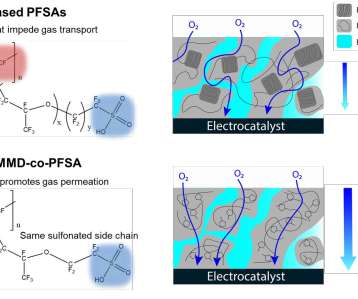

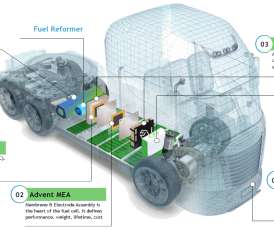
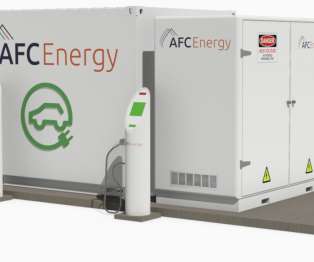

















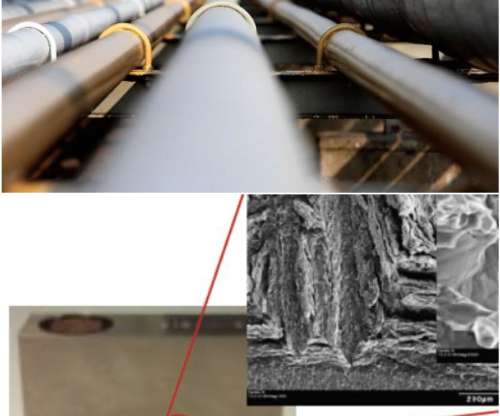



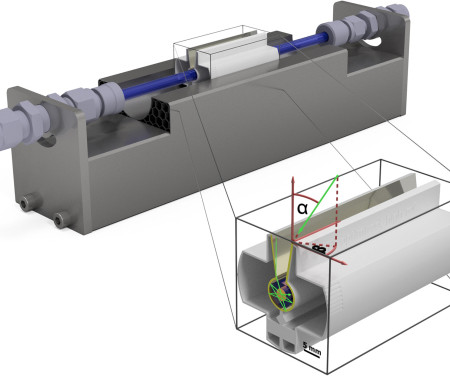










Let's personalize your content